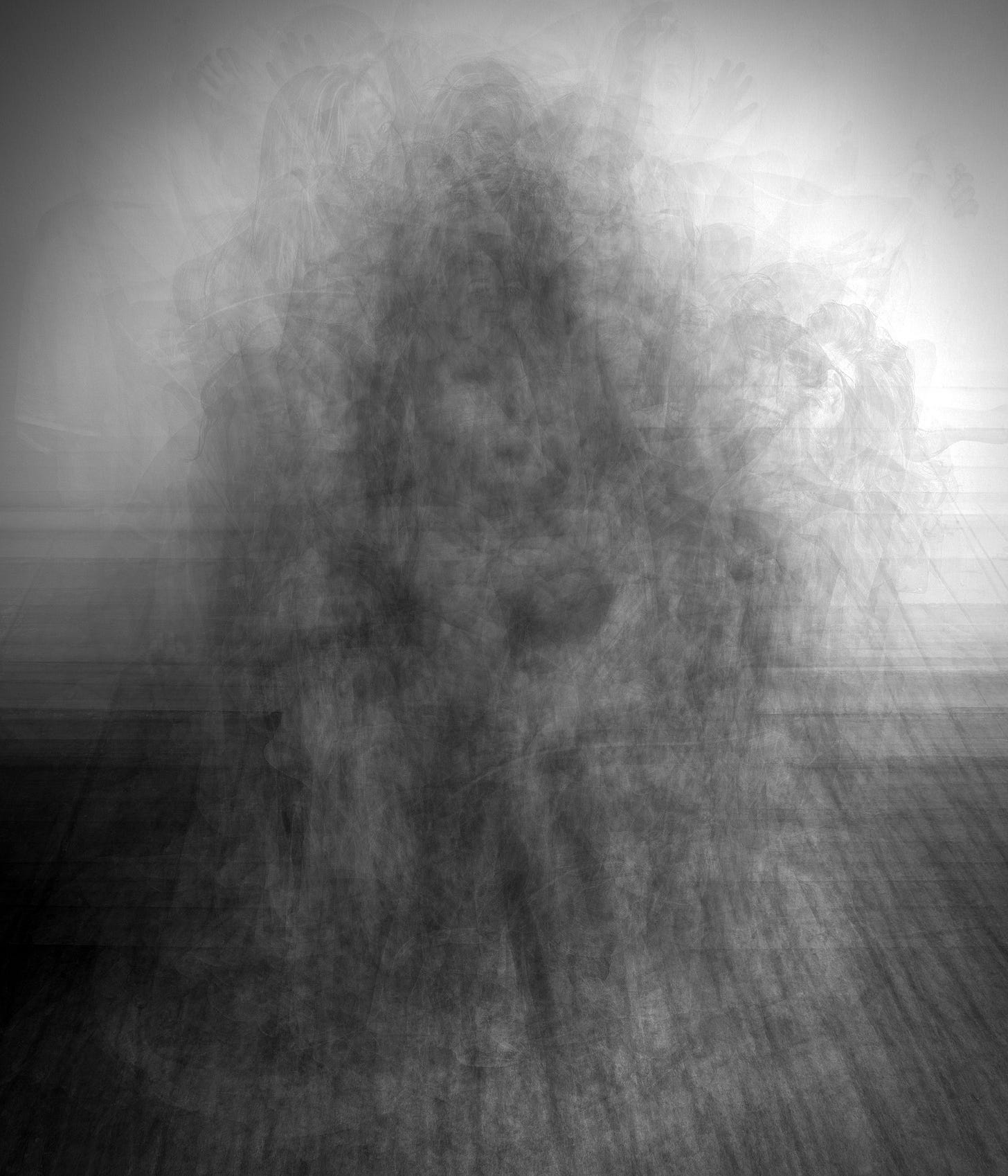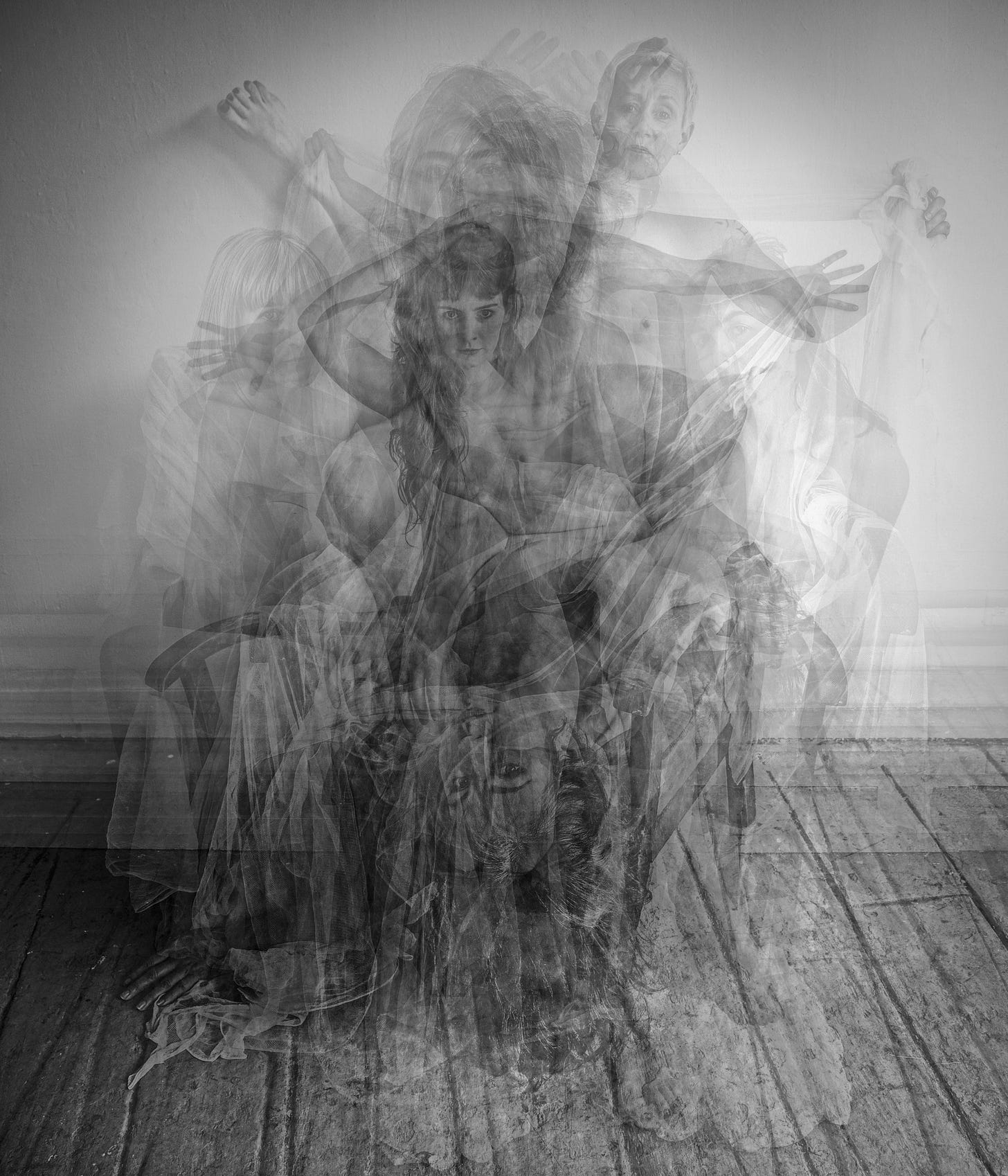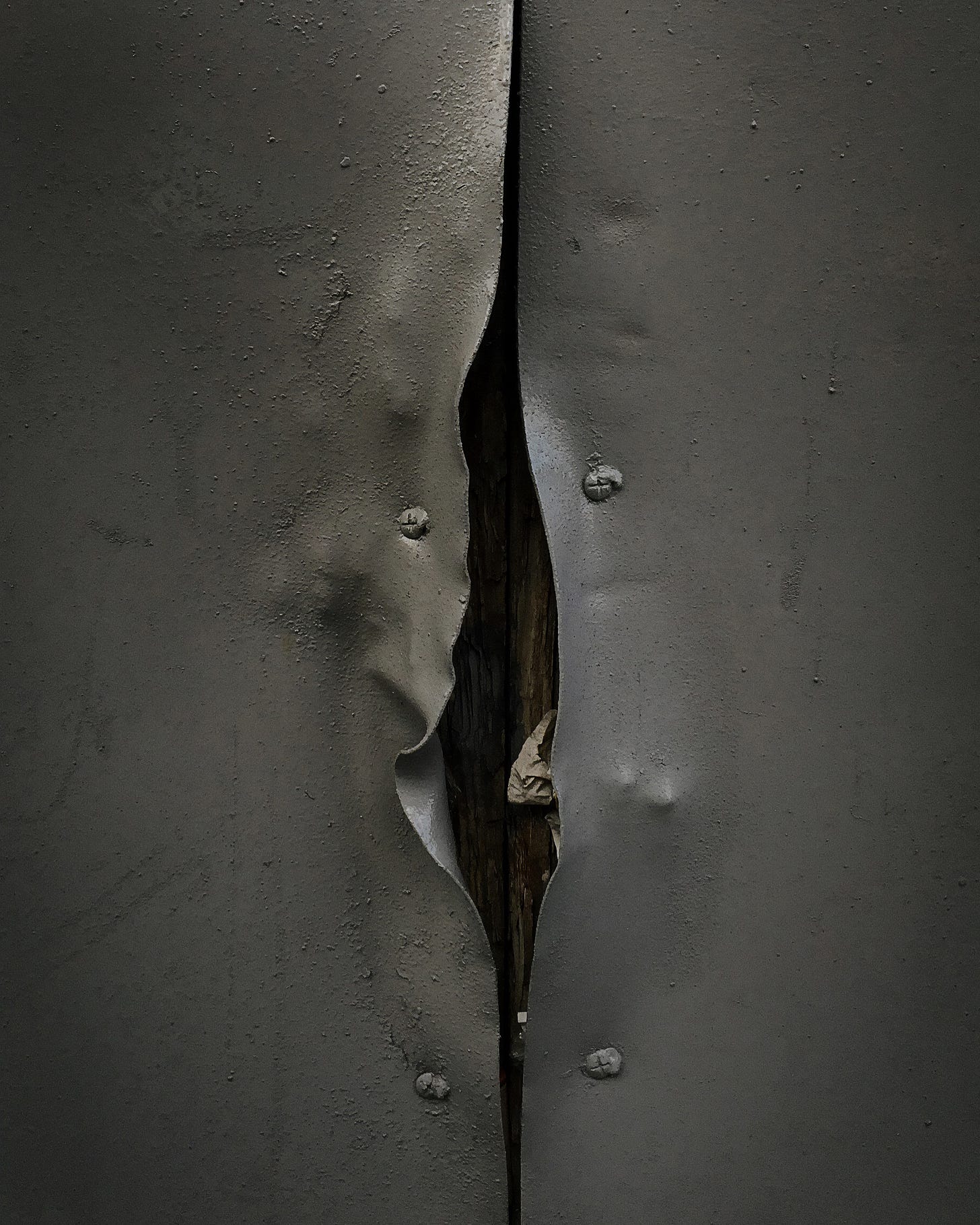Miranda van ‘t Wout reflects on her own life as a Dutch woman who was married to a Yugoslav, inspired by our featured artists Dragana Jurisic. After years of bouncing between nations, her divorce leaves her wondering where she truly belongs. If you are a regular or if you have landed on Tarantula: Authors and Art welcome. This year, we hope that our stories as well as the artists that we feature will inspire you to start your own creative journey, and our house team of writers will join you on this ride. If a friend forwarded you this article, welcome; if you like it, please share it or subscribe?
It was the summer of 1988, the summer after I finished high school. The air was full of promise and my lungs were filled with eagerness to explore. I’d already enrolled in university, where I imagined myself studying hard for at least four years, so it needed to happen that summer! And ‘it’ took the form of a trip through Europe on Interrail with my best friend, a backpack and a small igloo tent.
Feeling grim, we accused the street food in Istanbul of giving us food poisoning, which meant we didn’t get off the train and were mostly hanging above the train toilet. We were sitting and lying on the train floor, and only when the doors opened we caught a peek of the outside world. This is how we saw the railway stations in Thessaloniki, Skopje, Belgrade and Zagreb. They all looked the same from where we were; dusty concrete with shadows and rays of sunshine licking the legs of the people who were getting off the train. We couldn’t even be bothered to stand up to see more. But by the time we reached Ljubljana, it was night and we felt a tiny bit better, so we got off. The night air was refreshing and we realized there were only three more days left of the entire month that we planned to travel and we still hadn’t seen the Adriatic Sea. This thought made us hop on another train, and the next morning we found ourselves in sunny Pula (Istria).
And that is where my life changed! Camping in Pula - I met the father of my children; a Yugoslav named Vladimir. Of course, I didn’t know then and there he was going to father our three children, but I knew I was hooked. With all the fire of an adolescent, I tried to keep track of my emotions by writing things down in a holiday diary. I wrote down everything. All my feelings and the details as they happened; first looks, first words, … you name it. Decades later, I’ve found this diary and to my immense surprise the memories that stayed in my mind were not even remotely the same as the things I wrote down that summer. As if the two were not related at all. Obviously, people retell their own stories so often that they no longer recognize them themselves.
In 1990, we married in Opatija, a beautiful town in Istria. It is not the town where Vladimir was born; nor one of the towns where he grew up; nor the one where he served in the army; nor where he’d studied. We chose to marry there, in the town on the coast where we’d proposed to each other. In the city hall hung a big portrait of the former president of Yugoslavia, Tito, and it was him that I looked at when the translator stumbled over the words: ‘We are gathered here today to … to … ehm … marry this couple!” A year later the war broke out.
Our decision to live in The Netherlands had nothing to do with the tensions we felt just before the war started. It was a practical decision related to my studies: ‘Dutch language and literature’. We intended to review again where to live once I completed my studies. But it didn’t come to that. First, we had to watch the falling apart of Yugoslavia on Dutch television in disbelief. We were not so surprised about Slovenia and Croatia becoming independent. That was foreseen in some ways. But Bosnia …! Being a son of a Croatian father and a Serbian mother and living most of his life in Bosnia with friends from all corners of Yugoslavia – it had simply not occurred to him that all these groups represented to him by his family and friends would fight and hate. Naïve maybe, but it was like that. We were young.
Cousins and friends came to our student door for refuge. We heard terrible stories about the Croats, we heard terrible stories about the Serbs. We tried to follow the headlines and learnt that the same news could be told in many versions, but that the aim was always to wash their own hands clean in innocence and to blame the other party.
In the four years the war lasted, we tried to visit family in Zagreb, and to see family members who could come to the Hungarian side of the border. We had a laugh about me when I thought it was a good idea to give them three bottles of shampoo – because a humanitarian aid worker suggested to me. It became a running joke among my husband’s bald grandparents!
The war ended. Family and friends were now scattered all over ex-Yugoslavia, over Europe, over the world. The ‘where do I end up living’ dice were rolled by energies in a wicked game.
These days, the war in former Yugoslavia, is called a conflict and not a war. What power words have! I heard a newsreader, who was talking about Ukraine, saying that there had not been a war in Europe since the Second World War … I could only open my mouth and close it again.
I teach Dutch to refugees, expats, ‘love’ immigrants, students and employees of the university. They are all different and all alike. They go through phases of being happy in the new country – some are even covered with golden dust – followed by phases of resentment, difficulties and struggles with identity. My own marriage did not survive this. It lasted thirty years, but the phase of being happy in the new country never returned.
What do I feel? Where do I stand as the person who is ‘at home’? I do not have a straight answer. One thing that I know, is that I feel a lot! In my marriage, in my job and in my circle of friends who have mixed nationalities, I have always thought about culture, use of language, mentality. I am more often surrounded by ‘foreigners’ than I am by Dutch people.
How Dutch am I? I don’t feel pride when it comes to being Dutch. I sometimes see Dutch people behave in despicable ways and don’t want to be associated with them. I admire many aspects of how foreigners think, feel and interact. I do some things in a non-Dutch way. I am aware of social constructs and conducts and can see right through them.
And yet I am Dutch. I can read the invisible codes, I speak the language in every tonality. I recognize people from my youth – also in new people. I share a collective memory of happenings, places, songs, books, films, etc. My humor is understood and I have to laugh at other Dutch people’s jokes. I do some things in a Dutch way too. I am not always aware of social constructs and conducts. I am known for being ‘Dutch’ sometimes even ‘very Dutch’.
After the war we have lived twice for a longer period in Croatia, where important events in my life happened. My first pregnancy occurred while I worked at the university and helped organizing a children’s theatre festival at the same time. I was driving my small Renault 4 through the hills around Zagreb and felt powerful. When this same car, which we nicknamed ‘Katrica’ (‘Little Four’), would break down in front of a traffic light, and I would have to open the hood and hit it hard with a pipe wrench, I felt both silly and proud. It was fun. And I felt myself anything but a tourist!
Changing diapers I’d learned before becoming a mum because I was taking care of the grandmother who lived with us. Or actually we came to live with her after her son, my father-in-law, died. Granny was not thrilled with my Dutch cooking and so from her horizontal position in bed she taught me the dishes she liked best. I still hear her voice giving me directions – knowing all the recipes by heart! She occasionally entrusted me with secrets of her past, stories about her youth and men and women who had died a long time ago. The stories were captivating and I wove them into a mind’s tapestry she was no longer able to.
My daughter was born in a hospital in Zagreb, where an ant infestation prevented mothers from sharing a room with their new borns, causing our first trauma – which we, of course, survived . Being treated in a medical facility gives you a lot of insights in how a country works, and about the mentality of people. Such a great learning experience!
Years later, we built a house in Istria (talk about learning experiences) and my three children went to school in a small town there. Having more than two children was - and I think still is - quite unusual in Croatia. So there it occurred to me for the first time that we’d created a really big family. Attending school meetings taught me that I was very Dutch too because I was the only one raising my hand all the time to ask and comment things. But I noticed that on time I managed to blend in. People were helping me. Kind, cordial people inviting me into their homes and lives.
Then we moved back to The Netherlands, and my life changed again. The house building project wasn’t finished, so Vladimir and I spent a lot of time organizing things (he: the house, me: the children) with over 1300 kilometres between us. Whenever we could, we were together in Istria. Our children and I consider this house as a real family home because we can all be happy here. And don’t we all need a sense of belonging?
No longer married, no longer ‘the wife of’, but still Miranda. I am having all this experiences in me. All the holidays in the Balkans, all the beautiful people I know, all the stories I have been told, all the things I have shared. Where do I go with all my love? Don’t I belong here too?
I belong to more than one country. Many more, if you take into account that I feel connected to most former Yugoslavian republics that have become countries. There is this sense of belonging - and it is that sense that defines my home.










Somehow I felt like I was reading my own story. I remember my friend telling "I feel my home wherever I feel good. " And recently it crossed my mind : But at the end we are all the Citizen of this Planet Earth. The mother of every single being.